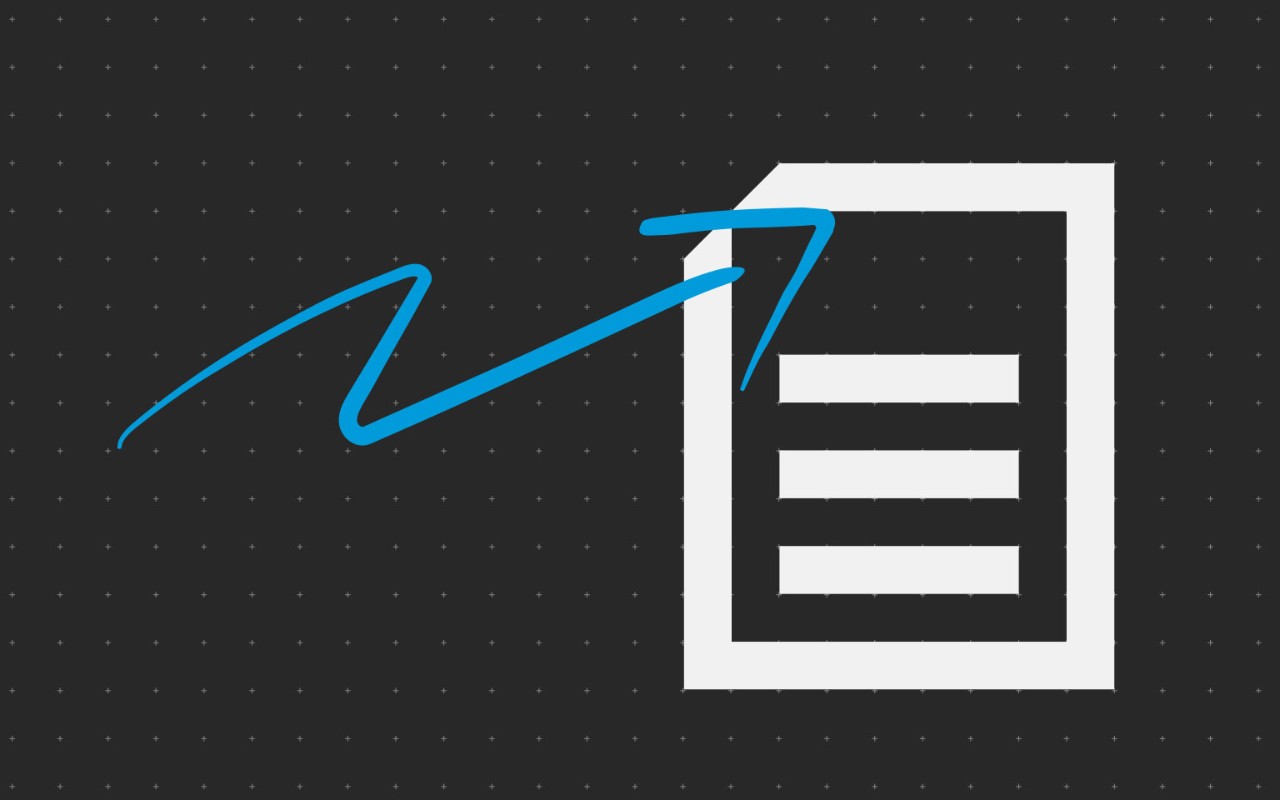Embracing e-invoicing for efficiency and compliance
The new regulations on electronic invoicing in the UK were passed as part of the Growth Opportunities Act, which will come into effect for all UK companies on January 1, 2025. This serves as a reminder of the global shift towards digital compliance standards. While these regulations don’t directly impact South African businesses, they set a precedent that will encourage similar standards here. For South African businesses engaged in cross-border transactions or with ambitions to grow internationally, adopting robust e-invoicing solutions will ensure they remain aligned with global best practices.
So, while e-invoicing is not mandatory for all businesses in South Africa, it’s rapidly gaining traction, especially among VAT-registered businesses. Since December 2021, the South African Revenue Service (SARS) has required VAT-registered businesses to submit digital invoices as part of their VAT returns through the eFiling platform. This shift aims to enhance compliance, reduce tax fraud, and streamline the invoicing process.
In today’s fast-paced environment, adopting e-invoicing practices can be a game-changer in terms of efficiency, accuracy competitiveness and compliance. By transitioning from paper to digital invoices, businesses can reduce costs, save time, and significantly minimise the risk of human error. E-invoicing not only improves accuracy in invoicing processes, but also enhances record-keeping, making it easier to retrieve and manage invoices for regulatory purposes.
We need to remind clients and tell potential clients that we’re committed to supporting this transition in helping businesses seamlessly shift from analogue to digital processes. Our document management solutions, including the Kyocera Enterprise Information Manager (KEIM) is designed to not only automate workflows, but also ensure compliance through secure archiving and document traceability.
Our solutions do more than just streamline processes. By automating the invoicing journey from issuance to approval and integrating with ERP systems, we help our clients ensure that invoices meet the necessary technical and legal standards.
As the landscape of invoicing continues to evolve globally, Kyocera urges South African companies to embrace e-invoicing as a strategic advantage rather than a compliance requirement.
